I have an OLEDB (SQL) data flow source (A) that pulls a result set from a stored procedure and throws the results into an OLEDB (Oracle) data flow destination (B).
Is there a way to capture an aggregate value from the dataset into a variable, all within the data flow task? Specifically, I'd want to capture the MAX(<DateValue>) from the entire dataset.

Otherwise, I'd have to pull the same data twice in a different data flow task, whether I point to A or in its new location, B.
EDIT: I already know how to do this in the Control Flow from an Execute SQL task. I'm asking because I'm curious to know if I can get this done in the Data Flow task since I'm already collecting the data there. Is there a way to grab an aggregate value in the Data Flow?


